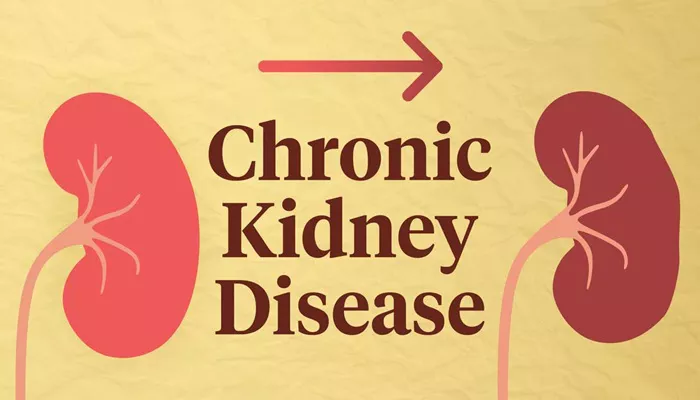Recent findings from the FLOW trial reveal that semaglutide significantly lowers the risks of heart failure (HF) and cardiovascular death in patients with both type 2 diabetes and chronic kidney disease (CKD). The results were presented at the European Society of Cardiology (ESC) Congress in London and published in the Journal of the American College of Cardiology.
In this phase 3 trial, 3,533 participants with type 2 diabetes and CKD were randomly assigned to receive either 1 mg of weekly subcutaneous semaglutide or a placebo. The study followed these patients for a median of 3.4 years. At the start, participants had an estimated glomerular filtration rate (eGFR) between 50 to 75 mL/min/1.73m² and a urine albumin-to-creatinine ratio (UACR) ranging from 300 to less than 5,000 mg/g, or an eGFR of 25 to less than 50 mL/min/1.73m² with a UACR of 100-5,000 mg/g. Participants were also on stable maximum doses of angiotensin-converting enzyme inhibitors or angiotensin II receptor blockers, and some were treated with SGLT2 inhibitors or mineralocorticoid receptor antagonists.
Earlier results from the trial indicated that semaglutide reduced the risk of major kidney complications, which was the primary endpoint. This new analysis focused specifically on heart failure outcomes. The data showed that semaglutide reduced the combined risk of first heart failure events or cardiovascular death by 27% compared to placebo. It also lowered the risk of heart failure events alone by 27%, which included new cases or worsening heart failure that required hospital admission or urgent treatment. Furthermore, cardiovascular death risk was reduced by 29%.
Notably, semaglutide’s effectiveness in reducing heart failure risks was evident even among patients with an eGFR lower than 30 mL/min/1.73m².
At the beginning of the trial, heart failure was present in 19.4% of those receiving semaglutide and in 19% of those on placebo. Among those with a history of heart failure, 47.9% had preserved ejection fraction (HFpEF), while 18.1% had reduced ejection fraction (HFrEF), and 33.9% were unclassified.
Both groups—those with and without a history of heart failure—saw reductions in heart failure outcomes. However, patients classified as NYHA functional class III or those with HFrEF generally faced higher risks for these outcomes, regardless of treatment. The average body mass index (BMI) for patients with heart failure was 33.3 kg/m² compared to 30.8 kg/m² for those without.
Dr. Richard E. Pratley from AdventHealth Translational Research Institute stated that the effects of semaglutide were consistent across various clinically relevant subgroups, including those defined by KDIGO risk class and prior cardiovascular events.
In an editorial accompanying the study, Drs. Veraprapas Kittipibul and Robert J. Mentz from Duke University Medical Center cautioned that heart failure events were assessed by investigators rather than strict criteria. They noted that while the FLOW trial adds important evidence supporting cardiovascular benefits for GLP-1 receptor agonists in high-risk populations, findings regarding heart failure outcomes should be interpreted cautiously due to reliance on investigator-determined diagnoses without standardized criteria.
Adverse events leading to treatment discontinuation were more frequent in the semaglutide group compared to placebo among both those with baseline heart failure (12.9% vs. 10.4%) and those without (13.3% vs. 12.3%), primarily due to gastrointestinal issues.
Dr. Carlos Aguiar, ESC vice president, emphasized that for patients with type 2 diabetes and CKD, adding semaglutide to other guideline-directed therapies is highly advisable.
This research was supported by Novo Nordisk, which provided funding for the study’s execution and analysis.
Related topics:
- Optimizing GDMT in Heart Failure Could Significantly Reduce Global Mortality Rates
- Johnson & Johnson Completes Acquisition of Heart Failure Treatment Company V-Wave
- Staten Island Launches New Program to Combat Heart Disease

